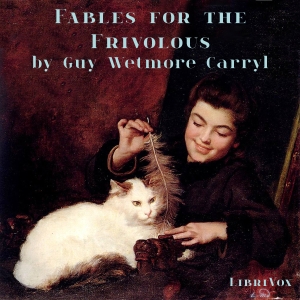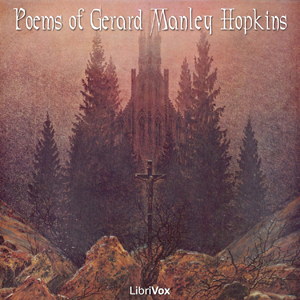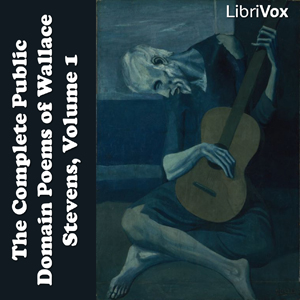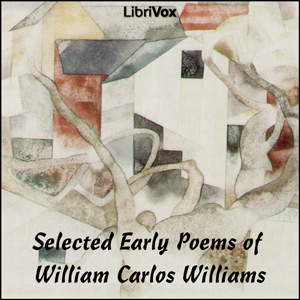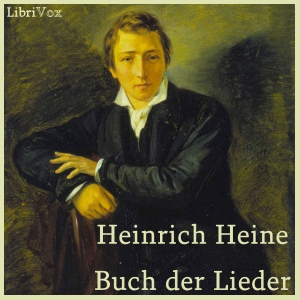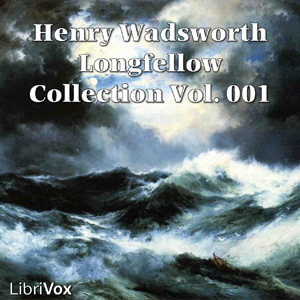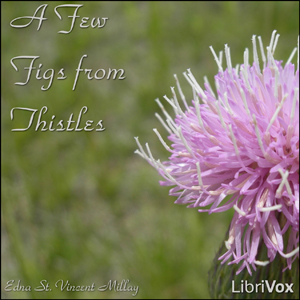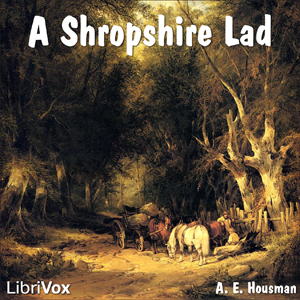- Nuns fret not at their convent's narrow room
- Scorn not the Sonnet; Critic, you have frowned
- Written in very Early Youth
- I watch, and long have watched, with calm regret
- How clear, how keen, how marvellously bright
- While not a leaf seems faded; while the fields
- There is a pleasure in poetic pains
- Oxford, May 30, 1820
- A Parsonage in Oxfordshire
- Hail, Twilight, sovereign of one peaceful hour!
- Mark the concentred hazels that enclose
- Composed at Rydal on May Morning, 1838
- Though the bold wings of Poesy affect
- Pelion and Ossa flourish side by side
- To Sleep
- Fond words have oft been spoken to thee, Sleep!
- The River Eden, Cumberland
- Surprised by joy - impatient as the Wind
- Her only pilot the soft breeze, the boat
- With Ships the sea was sprinkled far and nigh
- Where lies the Land to which yon Ship must go?
- Sole listener, Duddon! to the Breeze that played
- What aspect bore the Man who roved or fled
- Hail to the fields - with dwellings sprinkled o'er
- The Stepping-Stones
- Whence that low voice? - A whisper from the heart
- I thought of Thee, my partner and my guide
- Brook! whose society the poet seeks
- Methinks that to some vacant hermitage
- There is a little unpretending Rill
- Written upon a Blank Leaf in "The Complete Angler"
- Oh Friend! I know not which way I must look
- The world is too much with us; late and soon
- Milton! thou shouldst be living at this hour
- Great men have been among us; hands that penned
- It is not to be thought of that the Flood
- When I have borne in memory what has tamed
- Near Dover
- Vanguard of Liberty, ye men of Kent
- Thought of a Briton on the Subjugation of Switzerland
- An Invasion Being Expected, October 1803
- Composed in the Valley near Dover, on the Day of Landing
- Not Love, not War, nor the tumultuous swell
- To Toussaint L'Ouverture
- When Philoctetes in the Lemnian Isle
- When haughty expectations prostrate lie
- O'er the wide earth, on mountain and on plain
- On the Extinction of the Venetian Republic
- By Grasmere Lake
- Composed by the Sea-Side, Near Calais
- As leaves are to the tree whereon they grow
- Adieu, Rydalian Laurels! that have grown
- The Trosachs
- Admonition
- The forest huge of ancient Caledon
- Aix-la-Chapelle
- Between Namur and Liège
- Composed on Westminster Bridge, Sept. 3, 1802
- Roman Antiquities
- The Monument commonly called Long Meg and Her Daughters, near the River Eden
- There! said a Stripling, pointing with meet pride
- Mary Queen of Scots
- In sight of the Town of Cockermouth
- A Place of Burial in the South of Scotland
- Most sweet it is with unuplifted eyes
- In King's College Chapel, Cambridge
- They dreamt not of a perishable home
- Rural Ceremony
- Places of Worship
- Who but is pleased to watch the moon on high
- The Shepherd, looking eastward, softly said
- With how sad steps, O Moon, thou climb'st the sky
- The stars are mansions built by Nature's hand
- To a Snow-drop
- Hark! 'tis the Thrush, undaunted, undeprest
- I dropped my pen; and listened to the Wind
- It is a beauteous evening, calm and free
- To the Cuckoo
- Near Anio's stream, I spied a gentle Dove
- Composed on a May Morning
- Personal Talk
- Yet life, you say, "is life; we have seen and see"
- Wings have we - and as far as we can go
- Nor can I not believe but that hereby
- How sweet it is, when mother Fancy rocks
- Why art thou silent? Is thy love a plant
- To the Planet Venus, an Evening Star
- Valedictory Sonnet
This is a very impressive collection of some of the best sonnets from the pen of the incomparable William Wordsworth. The appreciation that Wordsworth had for the beauty of his surroundings is vibrantly exhibited in these selections, as are his feelings on love, friendship, society, conflict, history, the supernatural and indeed the art of poetry itself. And what better vehicle for the elegant articulation of a master poet's thoughts and inspirations than the sonnet, an art form ideally suited to assertion, verbalization and contemplation.
In these sonnets, we witness Wordsworth's poetic expertise at its best in superb descriptions of nature's splendor which he astutely juxtaposes with his reflections on a world that is "too much with us," a world in which, "man for brother man has ceased to feel."
The sanctuary that Wordsworth found and which forms the basis for the inspiration displayed in many of these sonnets was the magnificent Lake District of England, which he depicted as, "At happy distance from Earth's groaning field, / Where ruthless mortals wage incessant wars." Such a sanctuary the poet would have wished for us all, and indeed provided the means for at least our vicarious enjoyment in the form of these enduring and timeless works of art.
- Summary by Bruce Kachuk
In these sonnets, we witness Wordsworth's poetic expertise at its best in superb descriptions of nature's splendor which he astutely juxtaposes with his reflections on a world that is "too much with us," a world in which, "man for brother man has ceased to feel."
The sanctuary that Wordsworth found and which forms the basis for the inspiration displayed in many of these sonnets was the magnificent Lake District of England, which he depicted as, "At happy distance from Earth's groaning field, / Where ruthless mortals wage incessant wars." Such a sanctuary the poet would have wished for us all, and indeed provided the means for at least our vicarious enjoyment in the form of these enduring and timeless works of art.
- Summary by Bruce Kachuk
There are no reviews for this eBook.
There are no comments for this eBook.
You must log in to post a comment.
Log in


